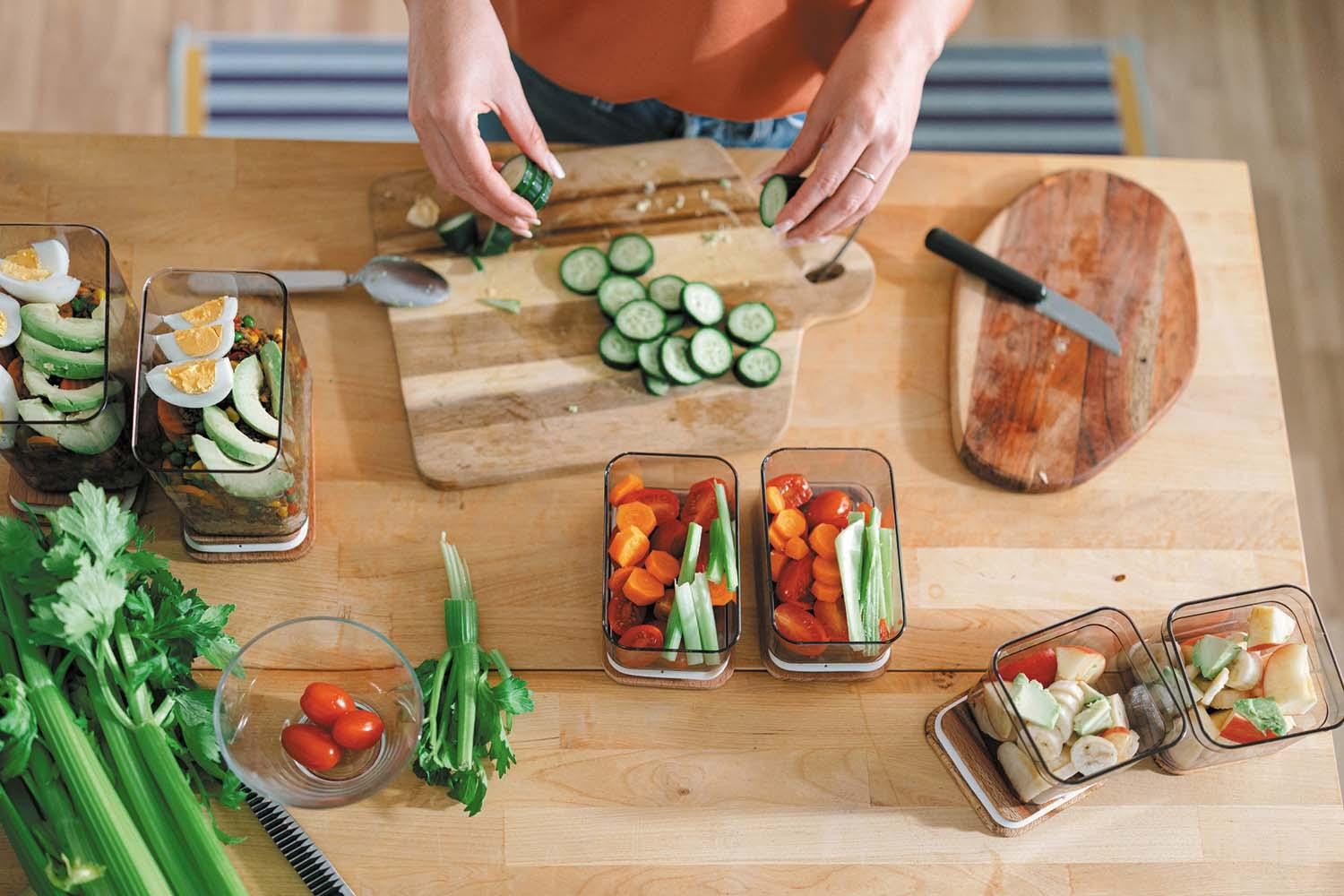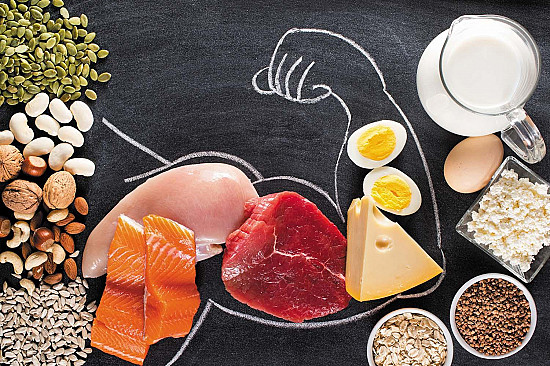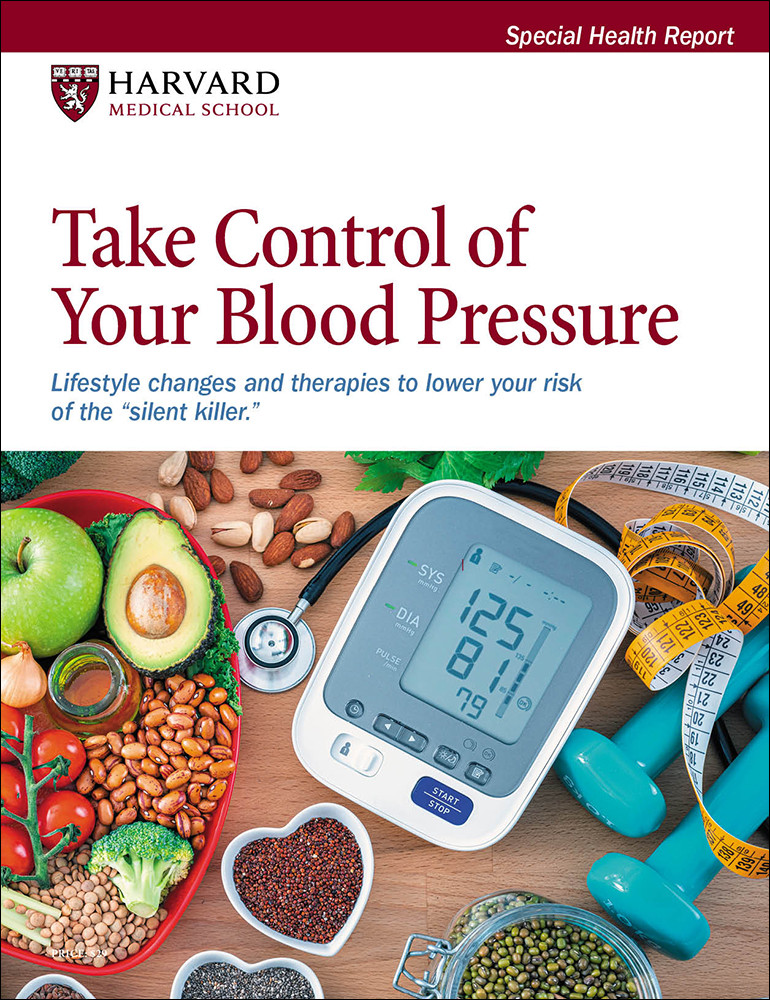Cutting sodium significantly lowers blood pressure
News briefs
- Reviewed by Anthony L. Komaroff, MD, Editor in Chief, Harvard Health Letter; Editorial Advisory Board Member, Harvard Health Publishing

When you have high blood pressure, the first line of defense is taking a medication to treat it. But eliminating the equivalent of a teaspoon of salt (sodium chloride) from your daily diet might be just as effective, suggests a small randomized study published online Nov. 11, 2023, by JAMA. Researchers asked 213 people (ages 50 to 75, with normal blood pressure, controlled high blood pressure, uncontrolled high blood pressure, or untreated high blood pressure) to try two different diets. Half of the participants were randomly assigned to eat a high-sodium diet for one week that added 2,200 milligrams (mg) of sodium (about a teaspoon of salt) per day to their usual diet. The others ate a low-sodium diet that allowed just 500 mg of sodium per day. Then the participants switched diets, eating the opposite diet for one week. Participants' blood pressure measurements and urine samples (to measure sodium intake) were collected periodically during the study. What the scientists found: when participants ate the low-sodium diet, the vast majority experienced an average 8-point drop in their systolic blood pressure (the top number in a blood pressure measurement) compared to when they ate a high-sodium diet, and an average 6-point drop compared to when they ate their usual diets. The low-sodium diet reduced sodium intake by about the amount in a teaspoon of salt per day, compared with participants' usual diet.
Image: © bakhtiar_zein/Getty Images
About the Author

Heidi Godman, Managing Director
About the Reviewer

Anthony L. Komaroff, MD, Editor in Chief, Harvard Health Letter; Editorial Advisory Board Member, Harvard Health Publishing
Disclaimer:
As a service to our readers, Harvard Health Publishing provides access to our library of archived content. Please note the date of last review or update on all articles.
No content on this site, regardless of date, should ever be used as a substitute for direct medical advice from your doctor or other qualified clinician.
















